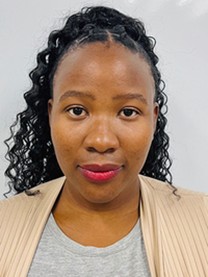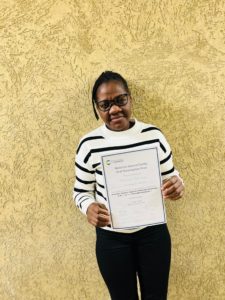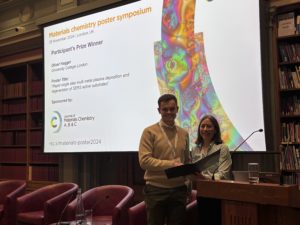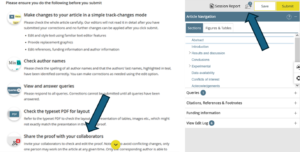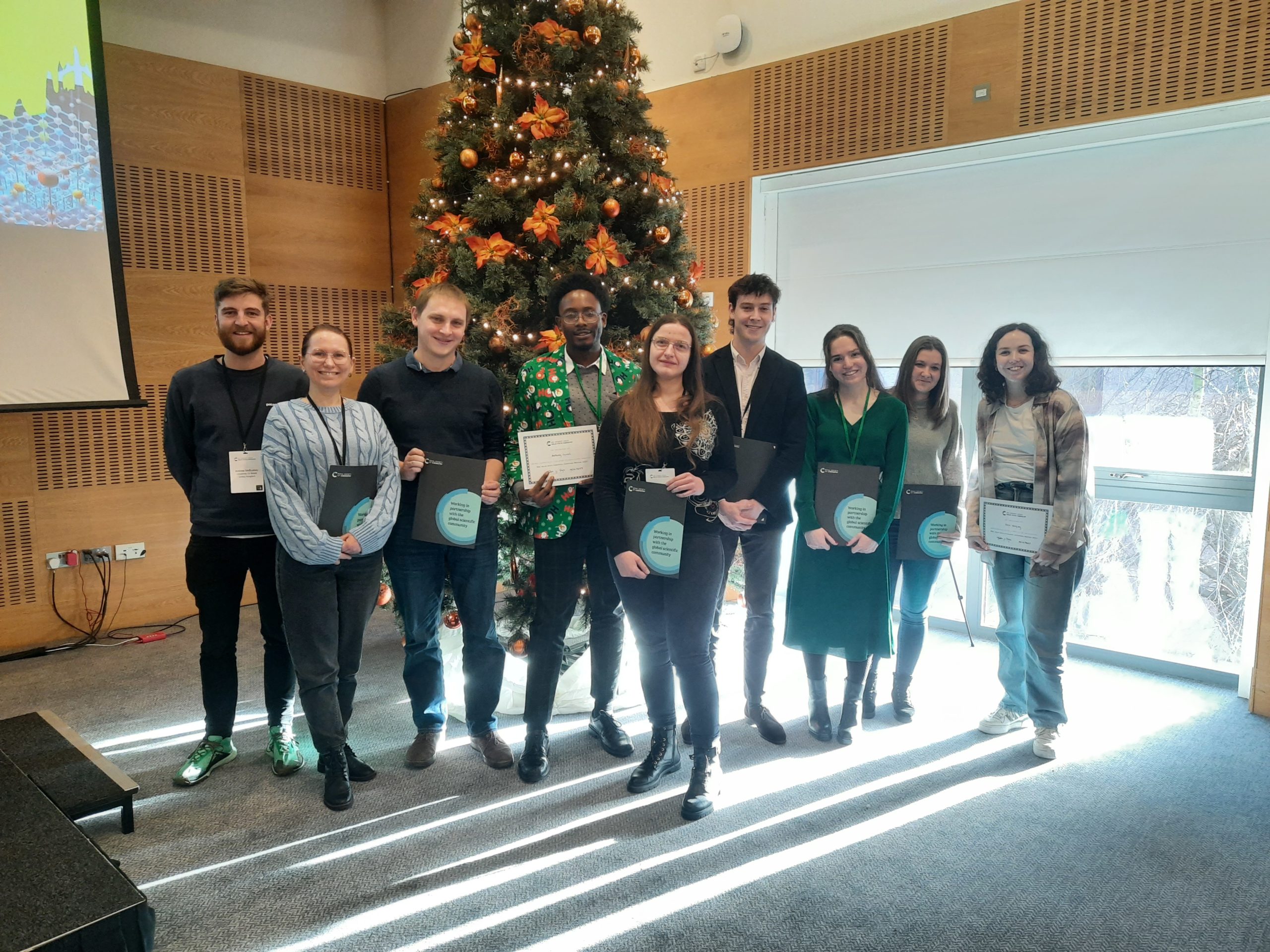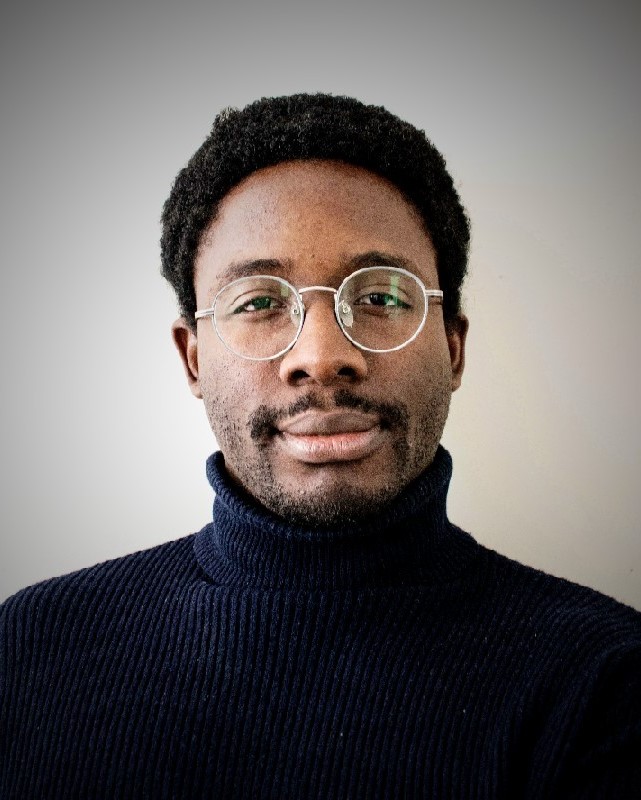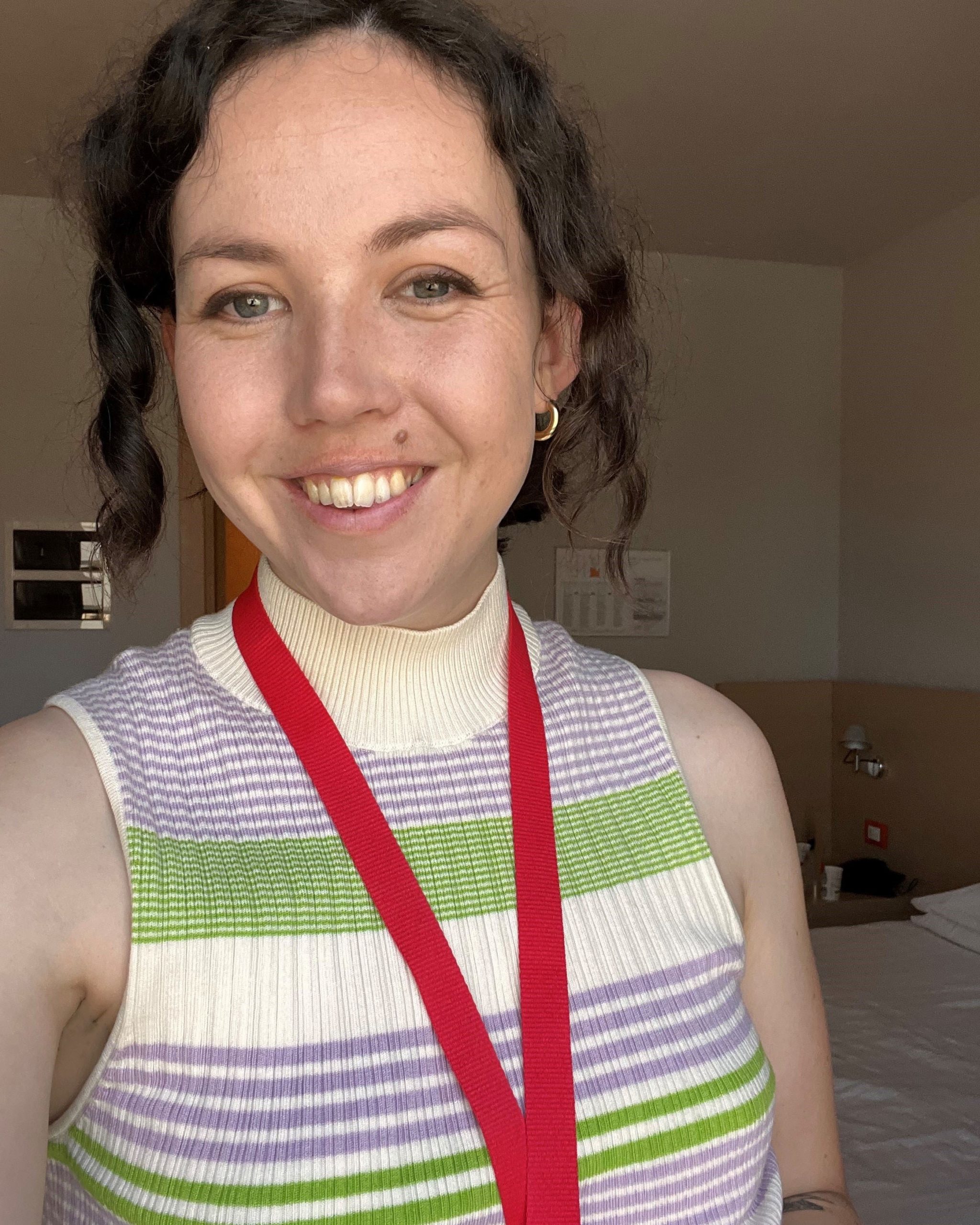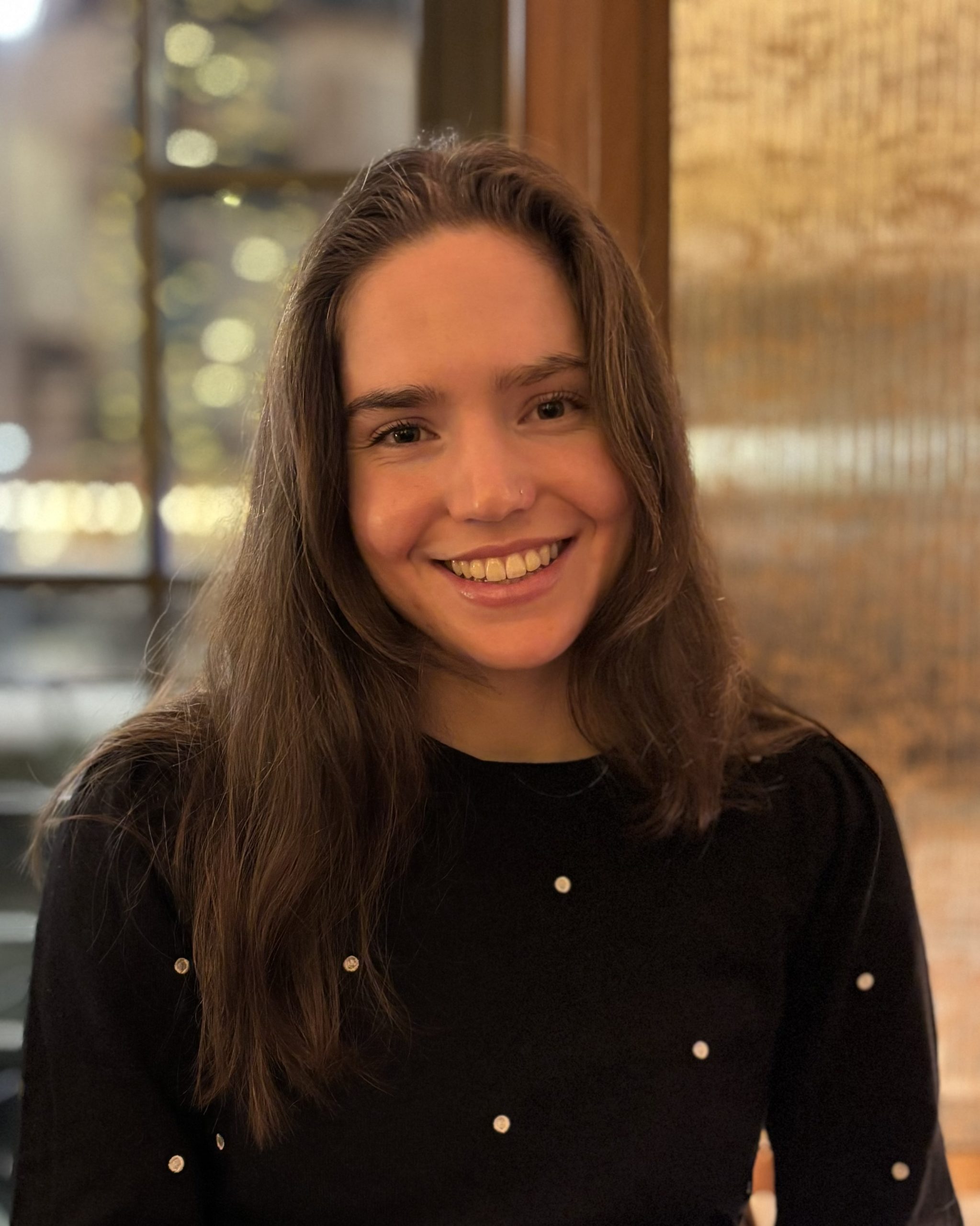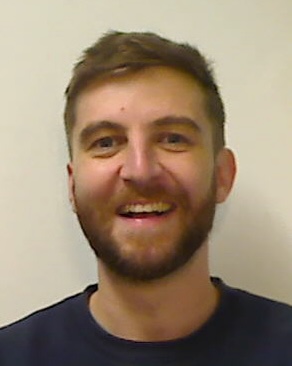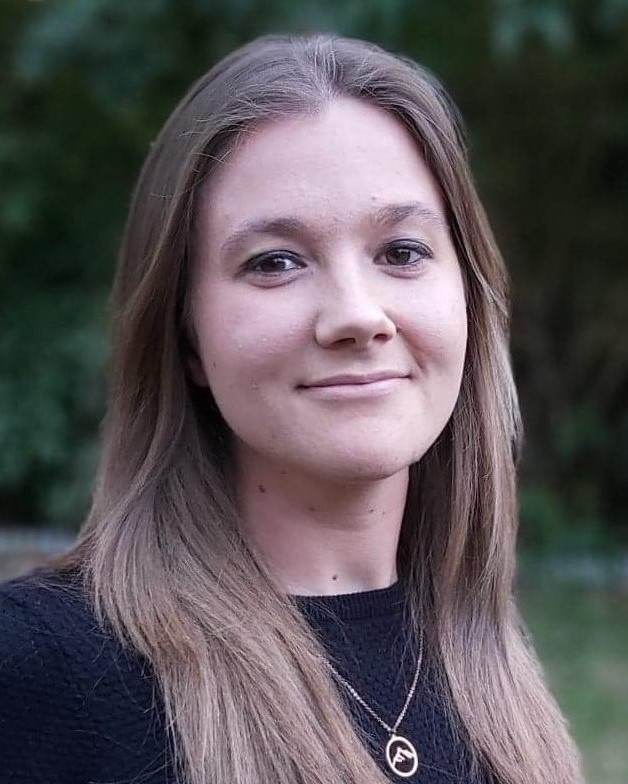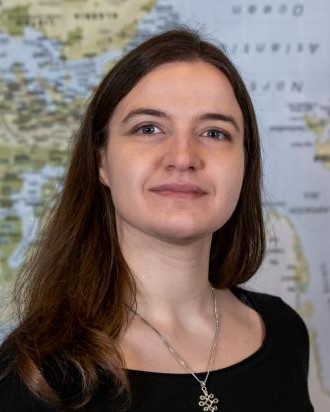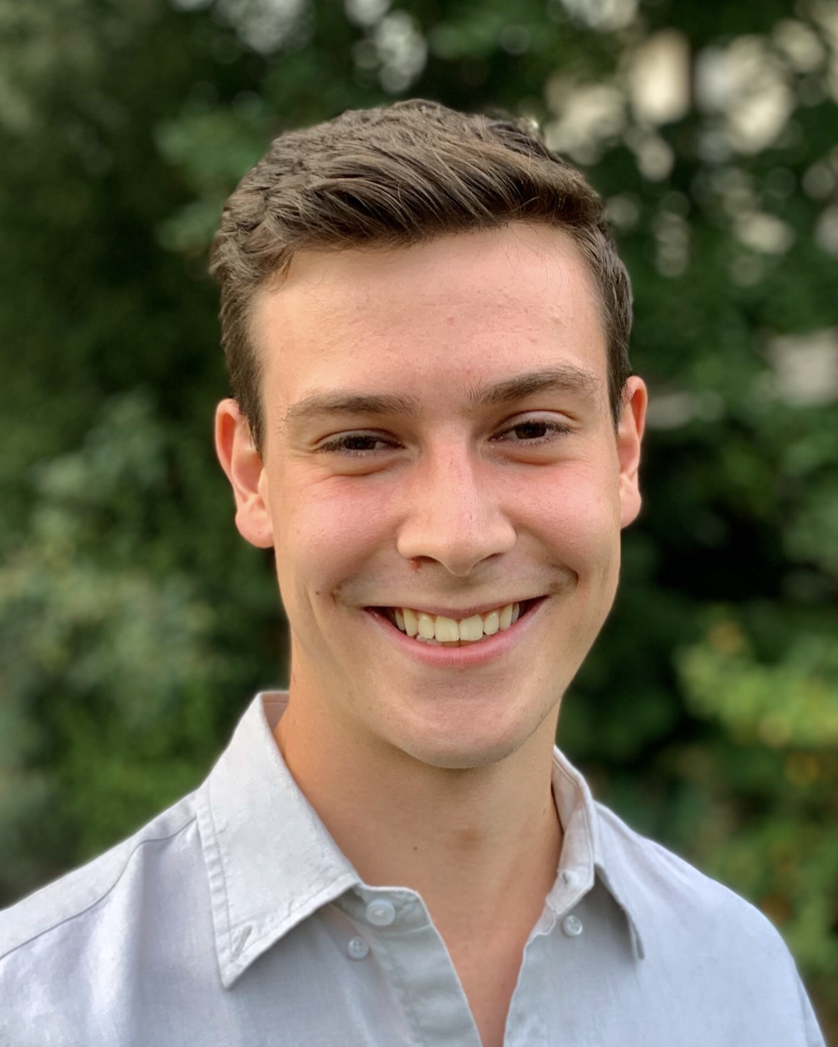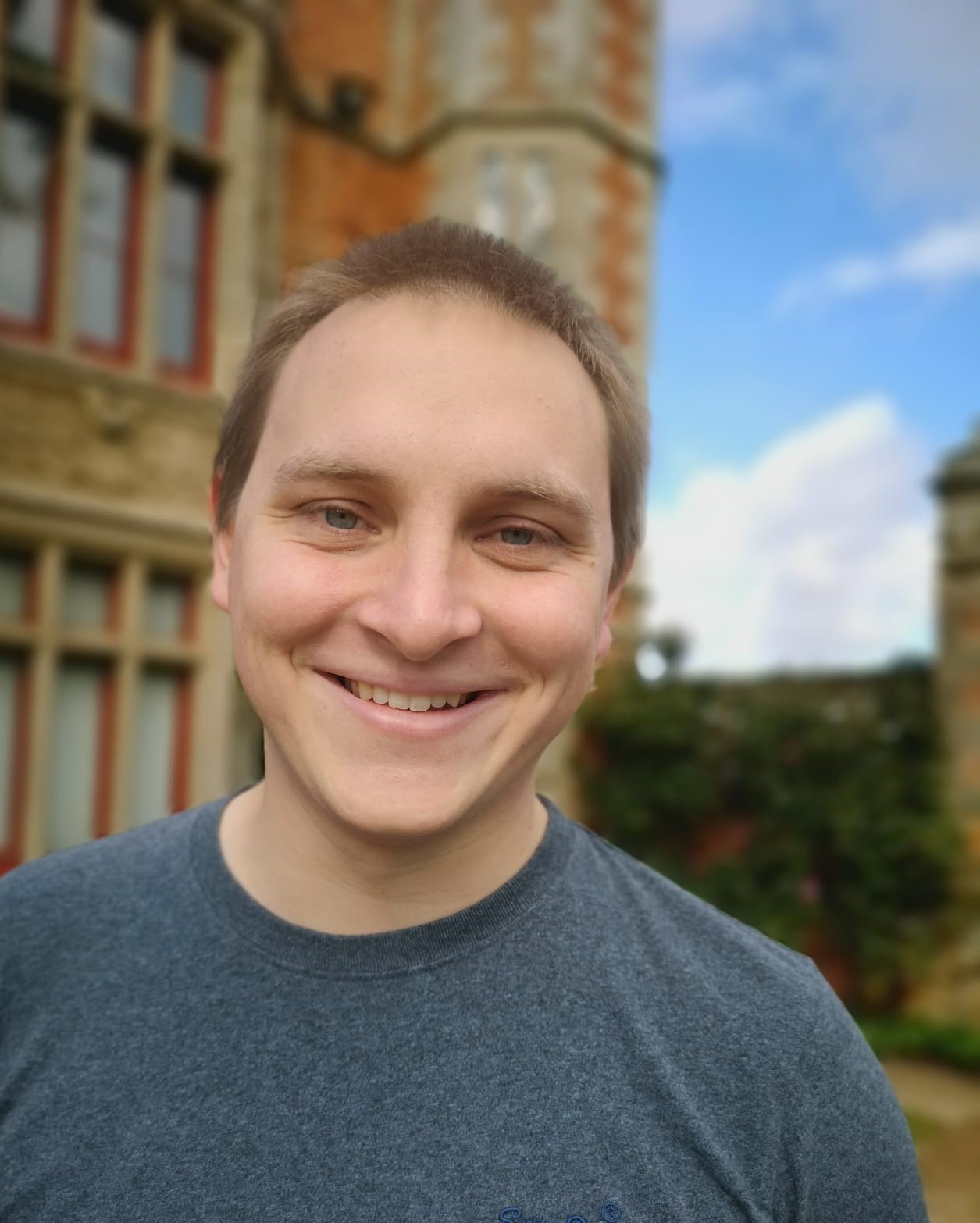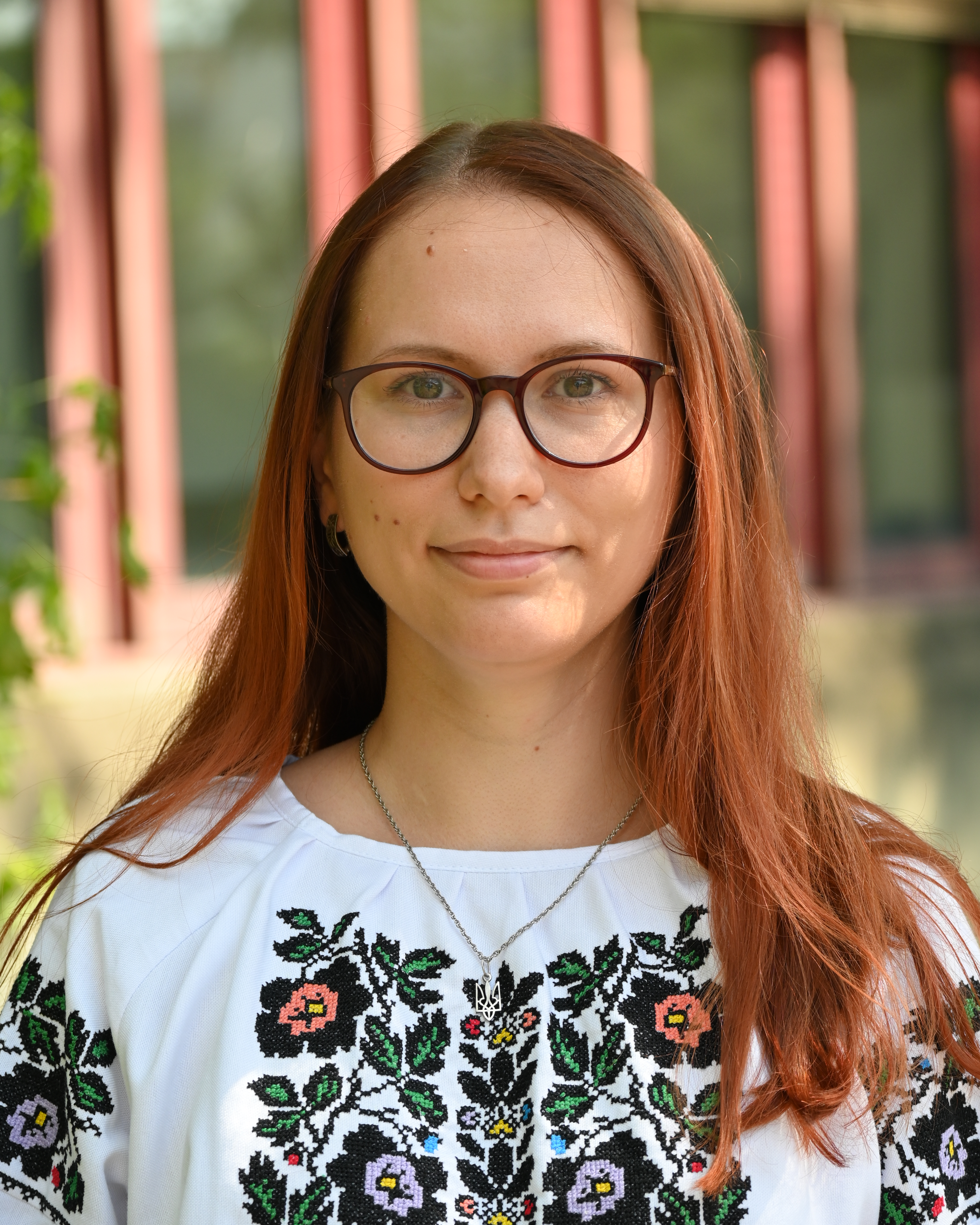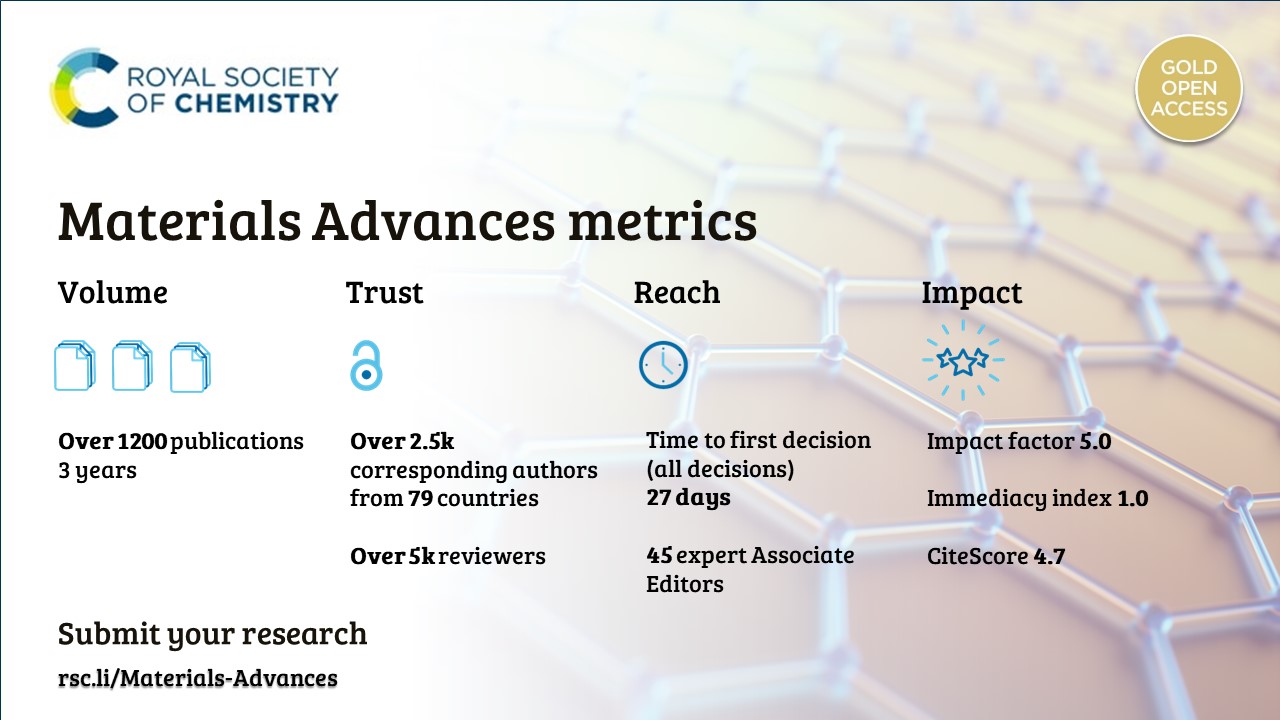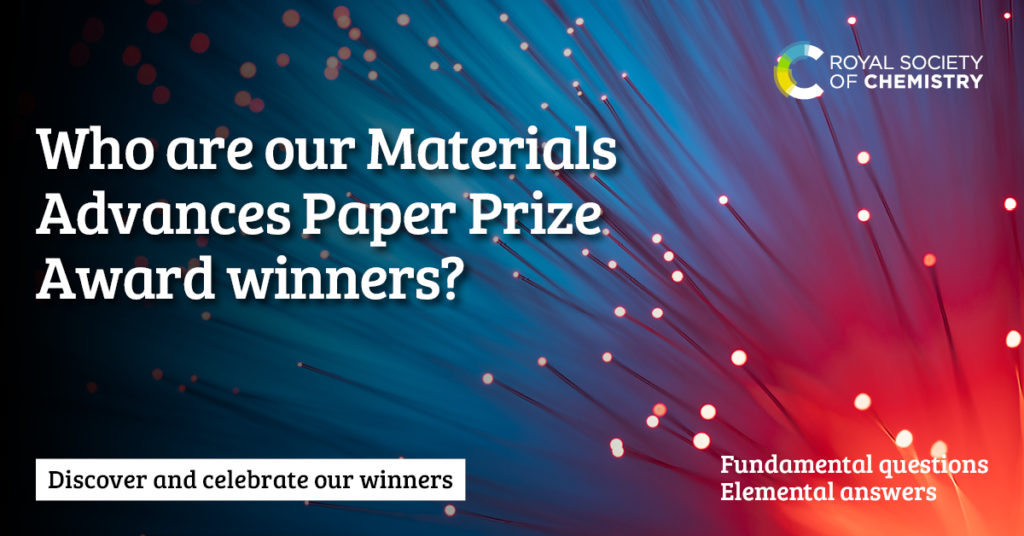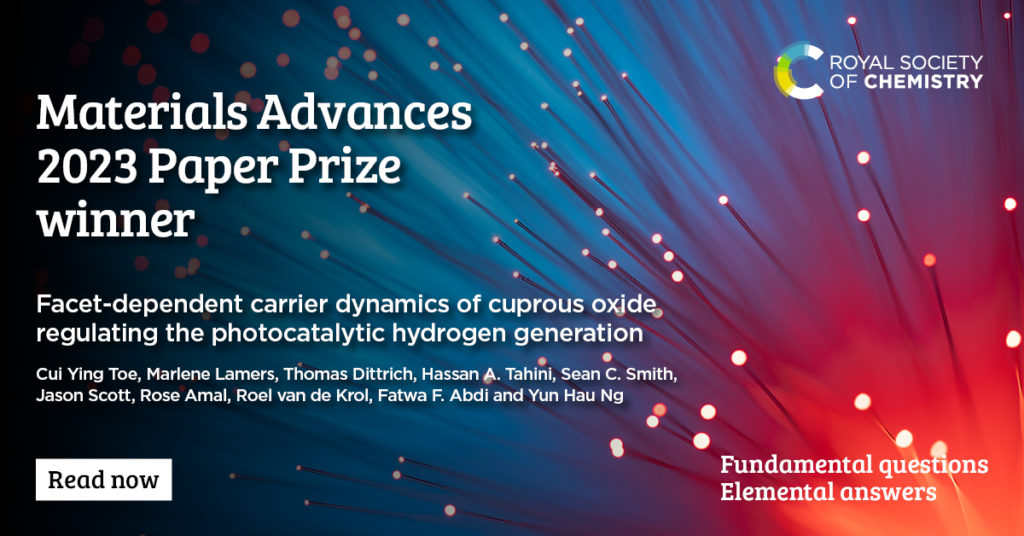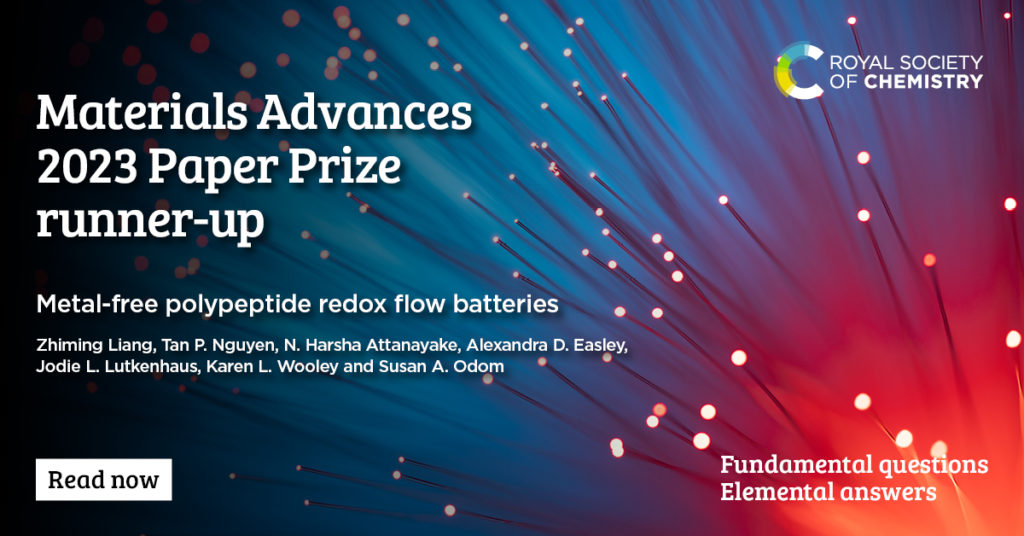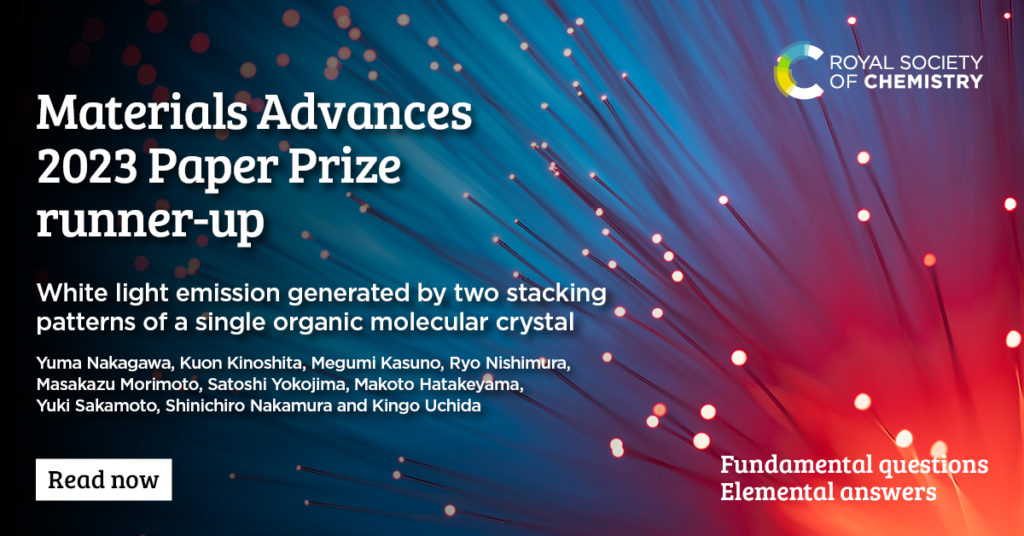The 7th Annual UK PorMat Symposium was held at University of Liverpool on 4th-5th June by the RSC Porous Materials Interest Group. To accompany a programme filled with exceptional talks from a number of esteemed researchers, posters were presented by PhD and post doctorial researchers . With a huge number of posters, from 86 candidates, displaying a wide variety of work within the porous materials field, it is our great pleasure in congratulating our three poster prize winners.
Winner of the Journal of Materials Chemistry A B and C poster prize: Bethan Turner, University of Liverpool.
‘Strategies towards porous metal-organic framework (MOF) glasses.’
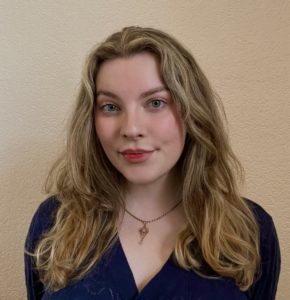
Bethan Turner
Bethan graduated with an MCHEM in chemistry and is currently in the first year of their PhD at the University of Liverpool with Dr Lauren McHugh as a supervisor and Professor Andy Cooper as a co-supervisor.
“The work I do is centred around MOF glasses with the aim of tailoring them for real life application. In my poster I discussed the trialling of a prospective porogen and the outcomes of those experiments. It was ultimately unsuccessful in increasing porosity, however, it was deduced that the incorporation method may be the fault. Subsequently, alternative methods were proposed such as experimenting with altered linkers in the structure and incorporating the porogen through saturating the pores of the crystalline material by soaking in a saturated solution. Long with porous materials, I also have an interest in accessibility in chemistry teaching. And ultimately with my project, I hope to contribute to the efforts in developing materials for water purification.”
Winner of the Dalton Transactions poster prize: Omar Al-Miqdadi, Imperial College London.
‘Accelerating discovery and implementation of porous liquids for CO2 removal.’
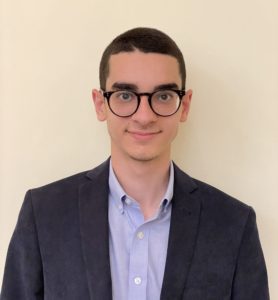
Omar Al-Miqdadi
Omar Al-Miqdadi’s background is in chemistry where they attended the University of Warwick for their undergraduate studies. During Omar’s master’s year, they worked under the supervision of Professor Richard Walton to discover iron-based metal organic frameworks which could be built from sustainably sourced organic ligands.
In 2022, Omar began their PhD at Imperial College London under the supervision of Dr Becky Greenaway and Professor Camille Petit. Their experience in metal organic frameworks proved to be useful when delving into the world of type III porous liquids; dispersions of metal organic frameworks in pore-excluded liquids. They are using automated high-throughput experimentation to discover effective type III porous liquids for CO2 capture.
“In order to discover the ‘best’ porous liquid systems for carbon capture, we have employed an automated high-throughput workflow as our approach. Using 8 different ionic liquids as our pore-excluded liquids, we vary cation functional group and alkyl chain length using a constant anion and metal organic framework.
We are able to synthesise ZIF-8 on the automated platform and using solid dispensing, combine it with the 8 ionic liquids. Using a different liquid handling platform, we then test the viscosity of these dispersions based on a relationship between flow rate and viscosity. Following this, we use thermogravimetric analysis to measure CO2 uptake of the dispersions and by comparing to the uptake of the neat ionic liquids, we’re able to determine whether they are porous combinations or not. Finally, we look at the stability of these porous liquids by using a camera and custom monitoring rack to analyse how well they remain dispersed and by using dynamic light scattering to analyse the ZIF-8 particle size over time looking for any potential aggregation.
We hope that by using this workflow we are able to elucidate key structure-property relationships and by continuing to study these systems are able to understand what makes a type III porous liquid a good CO2 capture sorbent.”
Winner of the Materials Advances poster prize: Evandro Castaldelli, University of Nottingham.
‘The role of interfacial chemistry on MOF-coated optical fibres for gas sensing applications.’
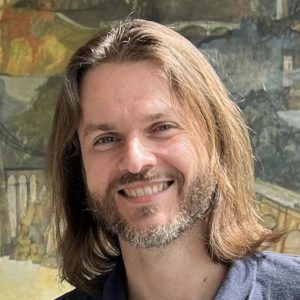
Evandro Castaldelli
Evandro Castaldelli received his PhD in Chemistry in 2016 from Universidade de Sao Paulo, Brazil, working on the synthesis of a new semiconducting metal-organic framework with interesting photoelectronic properties. The electrical characteristics were investigated at University of Surrey, UK, where Evandro spent 12 months working with Prof Ravi Silva CBE. He followed up with his first post-doctoral position, in 2017, also at Universidade de Sao Paulo, working on the synthesis of phthalocyanine-based coordination polymers and derived graphene nanocomposites, for electrochemical applications in water splitting and glucose sensing.
In 2018, alongside Evandro’s post-doc, he was offered a position in industry as main researcher and scientific consultant at Golden Technology LDTA, Brazil, working in fine chemicals for textiles. Projects and interests encompassed all aspects of this industry, from pre-treatments, dyeing, finishing, and water treatment. Evandro was particularly excited to be part of the development of products to obtain functional textiles, including antimicrobial, insect repellent and flame-retardant coatings. During this time, he also had an active role in bridging the gap between academia and industry, when they attracted the interest of local research institutions for innovation partnerships.
In 2021 Evandro decided to return to academia, when he started as a Lecturer in Physical Chemistry at Universidade Federal de Santa Catarina, Brazil, teaching Thermodynamics, Kinetics, Chemistry of Interfaces and Quantum Mechanics. Then, in 2022, he started my current role as Post-Doctoral Research Associate at University of Nottingham, UK, working with the development of optical fibres coated with metal-organic frameworks for gas sensing in healthcare. Evandro is also a volunteer demonstrator, for laboratory and outreach events, and tutor in Inorganic Chemistry.
“The development of sensors for gases and volatile organic compounds (VOCs) is key for a range of applications such indoor air quality control and healthcare. Metal-organic frameworks (MOFs) are promising candidates as they have been demonstrated to have excellent and tuneable selectivity for different gases and VOCs. Despite recent progress, MOF integration into devices is still a major challenge, as synthetic conditions are often harsh and deposition mechanisms are not yet fully understood1. Furthermore, studies are often limited to layer-by-layer deposition of archetypal MOFs. In this work we show: the rapid solvothermal deposition of isostructural MFM-101 and MFM-190(CH3) frameworks onto optical fibres; and the influence of synthetic conditions and role of surface functionalisation on coverage, morphology, and phase purity. Our results will fill a knowledge gap in this field and move towards a general protocol for controlled MOF deposition onto various substrates.
Surface-mounted MOFs are usually obtained via liquid phase epitaxial layer-by-layer growth on substrates featuring some surface functionalisation, which can be achieved via sol-gel, self-assembled monolayers or nanoparticle deposition. While it affords great control over film thickness, morphology, and homogeneity, it is often slow and may not be applicable to all MOFs. On the other hand, simple solvothermal techniques usually yield poor coverage and little control over thickness, crystal phase and orientation2. In our case study, we have used MFM-101 and MFM-190(CH3), two isostructural copper-based MOFs which are typically synthesized solvothermally at 80 °C, using HCl as modulator, with reaction times varying from 2 to 4 days3. These conditions are usually optimized to yield high quality, large crystals, which are often contradictory with effective surface coverage and fibre optic sensors. For the latter, crystals larger than 5 μm fall outside the effective sensing area. We were able to achieve phase purity and reduce crystal sizes to the 1-5 μm range by removing the modulator, while optimizing deposition temperatures and significantly reducing reaction times to 15 min.
U-shaped optical fibres were functionalised with hydroxyl (-OH) groups to provide initial anchoring for MOF deposition, while a non-functionalised (bare) fibre was included as reference. SEM/EDX and Raman analyses of the coatings revealed that morphology and phase purity can be controlled via surface functionalisation alone. Real-time spectroscopical investigation of MFM-101 and MFM-190(CH3) depositions provided information about growth kinetics and surface coverage, revealing the unexpected influence of interfacial chemistry not only on surface coverage, as well as in crystal density and size. On average, non-functionalised fibres had crystals in the 5-20 μm range while hydroxylated fibres showed crystals in the 1-5 μm range. The resulting sensors can be used with a range of VOCs, and, surprisingly, their performance is also affected by the initial anchoring group. Preliminary results in VOC sensing indicate that hydroxylated fibres perform significantly better than their non-functionalised counterparts.”
References
[1] A. Kirchon, L. Feng, H. F. Drake, E. A. Joseph and H.-C. Zhou, Chem. Soc. Rev. 2018, 47, 8611
[2] A. L. Semrau, Z. Zhou, S. Mukherjee, M. Tu, W. Li and R. Fischer, Langmuir 2021, 37, 6847-6863
[3] W. Li et al, J. Am. Chem. Soc. 2022, 144, 13196-13204
Congratulations once again to our UKPorMat 2024 poster prize winners!



